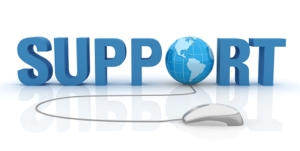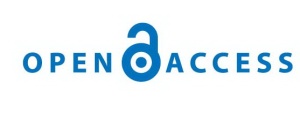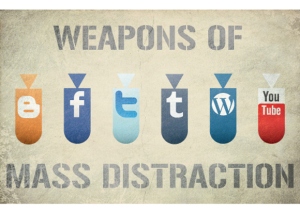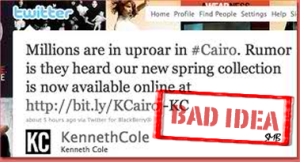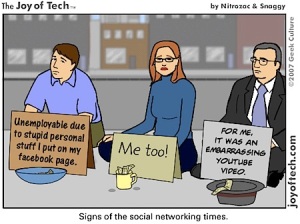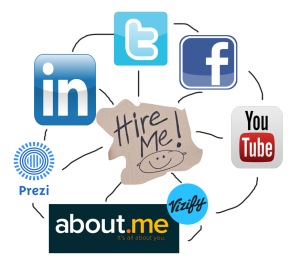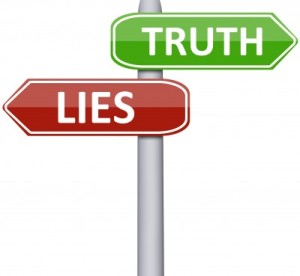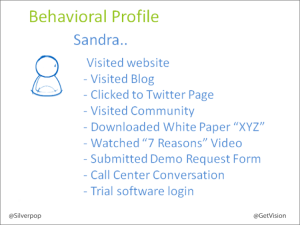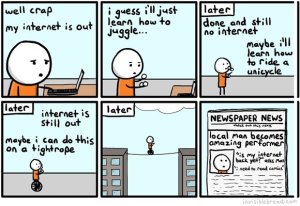I was once asked, ‘What is marketing to me?’. To me, it is to make my customers happy, to entice them to buy my marketed products. However, it was debated to me that marketing is to make my customers unhappy in order for them to buy my products. However, I feel that I am advertising myself if I were to go for an interview. How would I want my potential employer to feel about me? Comfortable or displeased with me? Everyone should know the obvious answer.
Therefore, I feel that it is important to have a professional, yet authentic online digital profile. I can honestly say that I did not find the importance of having a professional online digital profile before this course, MANG2049. I have to be appreciative of the researches that I have made in order to finish my blog posts. Thank goodness for Open Access information!
Prior to this course, I used my Twitter and Facebook accounts regularly to find out what my friends are up to, generally for social purposes. Upon starting this course, I came to a point of realisation that these two social media platforms, together with LinkedIn can help boost my employability chances. So, why not give it a try? My first step was to change all my social networks’ profile pictures to a similar one, so that my potential employers would be able to link all my profiles together.
Links to my profiles are below.
Click on the images for the links to the profiles
I created a LinkedIn account ever since I started this module, just so to be able to increase my chances of employability upon my graduation. I have never had a blog since I last used my Tumblr account, of which, I have stopped using for a long time. I only started blogging for this module and I have kept it professional and authentic.
Reflection
I have learnt a lot from this module and also, understood an old theory: time can change any person. At the beginning of this module, I rated myself as one with low one digital literacy. Now, after a short span of 12 days, I can confidently say that I am in a mediocre range in terms of digital literacy. Following several marketing Twitter accounts is a small proof that I have increased my participation in online communities, where I would read some of their tweets and try to apply them in my every day thinking of my marketing course.
The video at the beginning of this post and my Powtoon video in the previous post are evidence that I have been able to create online materials with confidence and I would rate myself with a 4 now.
All in all, I find this module useful in my course of study and am appreciative in terms of being able to learn so much from this online module where I can only interact with my lecturer through Google Hangout.
A good module I would say!





